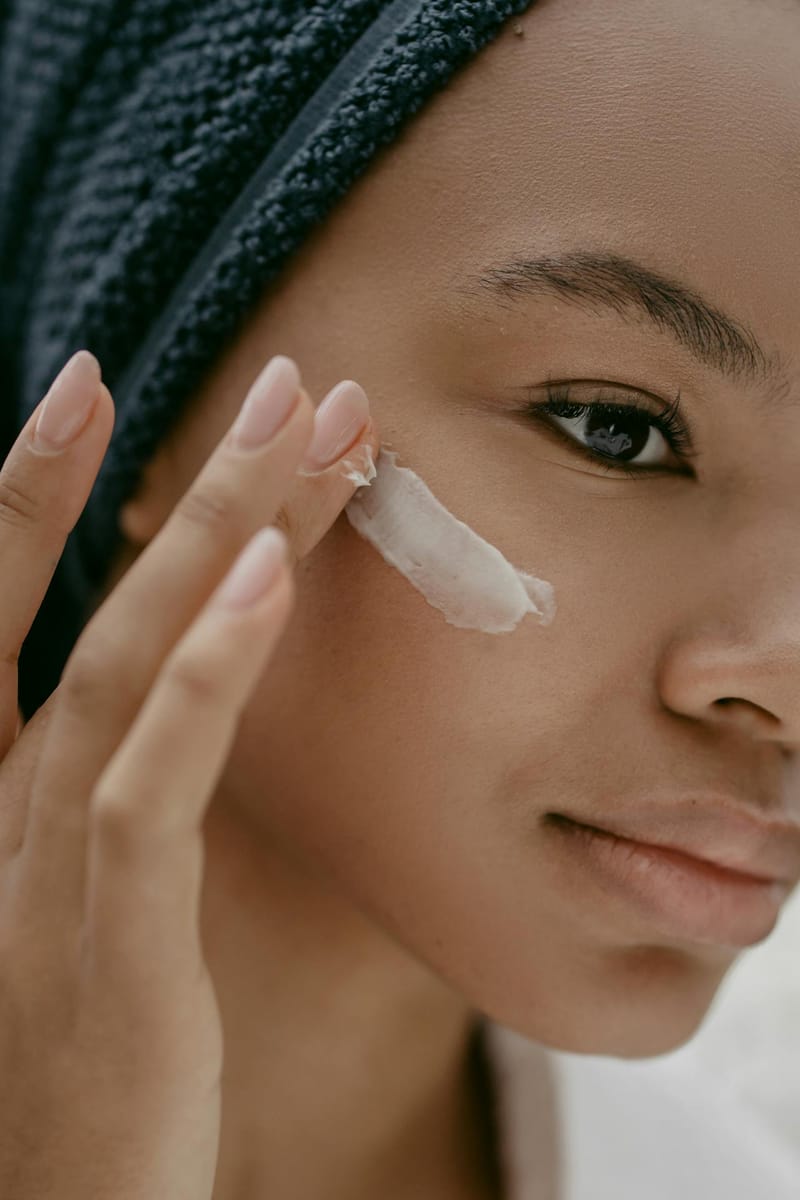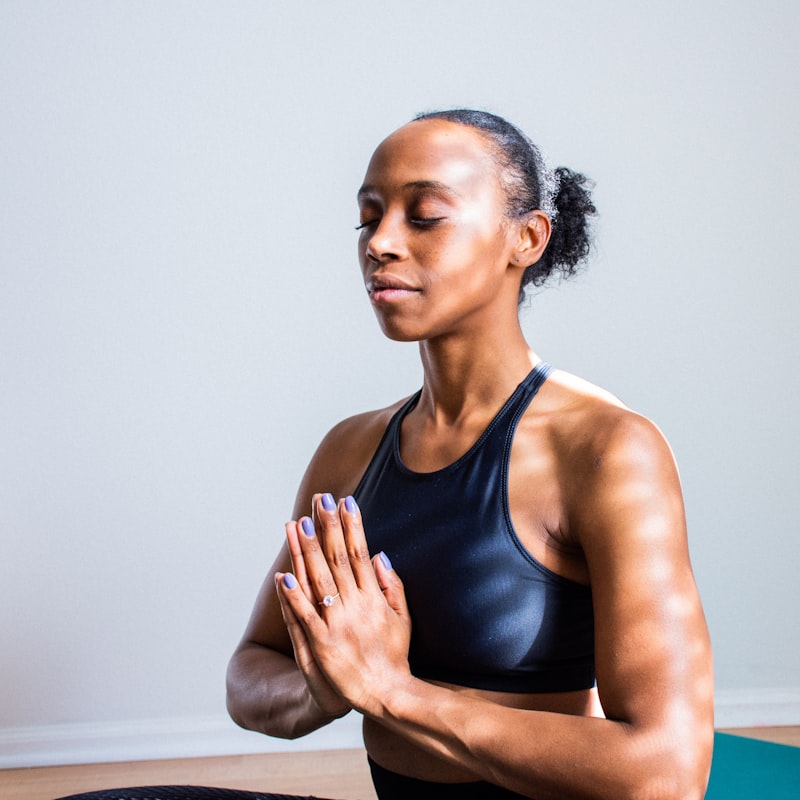
Today I'd like to dive into this riveting subject: ADHD and women. You know, the one that's been lurking around the corner, popping up in conversations now and again? And you've probably wondered, "Why the heck are women diagnosed so late with ADHD? Isn't it obvious?" Well, my curious friend, that's precisely what we're unraveling today. So, buckle up, it's going to be an enlightening ride!
Remember when we thought of ADHD as a "kid thing" or "just a boy thing"? Yeah, those were the days, weren't they? Chuckles. But as the saying goes, "Times are a-changin'," and our understanding of ADHD has evolved. It's no longer just the hyperactive little boy bouncing off the walls, or the daydreaming child staring out of the school window. It's also the adult woman, often misdiagnosed or undiagnosed, struggling to keep her life organized, feeling overwhelmed, and, oh boy, misunderstood!
But let's pause for a moment. Why this late diagnosis in women? Well, we've got a few culprits.
- ADHD Symptoms in Women Are Often Overlooked
- Stereotypes and Misconceptions
- Lack of Awareness and Understanding
We are about to embark on a journey through the world of ADHD in women, exploring why that diagnosis usually arrives later than it should. Are you ready to have your minds blown? Let's get this show on the road!
First off, let's make sure we're all on the same page here What. exactly is ADHD? Well, Attention Deficit Hyperactivity Disorder (ADHD) is a neurodevelopmental disorder marked by an ongoing pattern of inattention, impulsivity, and/or hyperactivity-impulsivity that interferes with functioning or development. Sound complicated? It is! But don't worry, we're going to break it down together.
ADHD and Gender: The Unfair Game
Ever wondered why women seem to get the short end of the stick when it comes to ADHD diagnosis? Well, it's not because of some grand conspiracy. No, it's not even because we women are just too good at hiding our symptoms (although, let's be real, we're pretty darn good at that too). The reality is a bit more complicated, and a lot less fun.
Traditionally, ADHD has been seen as a "boy's disorder." This is largely due to the fact that boys tend to display more of the "hyperactive" symptoms that are easier to spot. Girls, on the other hand, often present with the "inattentive" type of ADHD, which is less disruptive and therefore, less noticeable.
But wait, there's more!
The Masking Effect
Ever heard of the "masking effect?" It's a neat little term that basically means "hiding in plain sight." And, unfortunately for many women with ADHD, it's an all-too-familiar reality.
Women are often socialized from a young age to be compliant, blend in, and to take care of others. This can lead to a tendency to mask or minimize symptoms of ADHD, which makes diagnosis much more difficult. In other words, we become masters of disguise!
But That's Not All, Ladies!
The journey of a woman with ADHD doesn't end with a late diagnosis, oh no. There's the whole treatment phase to consider as well. And guess what? Yep, you've got it. More challenges.
Many women with ADHD have reported that their symptoms are often dismissed as being "just part of being a woman." This can lead to delayed treatment and, in some cases, no treatment at all. Can you say "double whammy?"
So there you have it. It's a rough road for women with ADHD, but understanding the reasons behind the late diagnosis is a crucial step toward improvement. And who knows? Maybe one day we'll be able to say "late diagnosis" is a thing of the past. Now wouldn't that be something?
Resources for Women Seeking ADHD Diagnosis and Support
Are you a woman suspecting you might have ADHD, or perhaps you're already diagnosed and seeking support? Well, you are in the right place. Let's get you sorted with some top-notch resources, shall we?
Where to Start?
So, where do you start? Good question! The first stop on your ADHD journey is typically your primary care physician. They can provide preliminary screenings and refer you to specialists. But remember, you're the captain of your health ship, so don't be shy about advocating for yourself!
Online Resources
Alright, let's dive into the virtual world. The internet is chock-full of resources. But be warned, not all that shines is gold. Here are some credible websites to get you started:
- CHADD (Children and Adults with Attention-Deficit/Hyperactivity Disorder): This resource provides a wealth of information, including support groups, a comprehensive listing of ADHD specialists, and much more.
- The National Resource Center on ADHD: This site is operated by CHADD and offers a wide range of resources, including webcasts and fact sheets.
- ADDitude magazine: ADDitude offers a host of articles, expert webinars, and blogs covering all aspects of ADHD.
Books to Read
Okay, bookworms, this one's for you. Here are some compelling reads to help you understand and manage ADHD:
- "Driven to Distraction: Recognizing and Coping with Attention Deficit Disorder" by Edward M. Hallowell and John J. Ratey: An insightful exploration of ADHD, its effects, and how to manage it.
- "Women with Attention Deficit Disorder: Embrace Your Differences and Transform Your Life" by Sari Solden: This book specifically addresses women with ADHD and offers strategies for managing symptoms in everyday life.
- "ADHD According to Zoë - The Real Deal on Relationships, Finding Your Focus & Finding Your Keys" by Zoë Kessler: A humorous and relatable look at a woman's life with ADHD.
Support Groups and Forums
What's that saying? Ah, yes, there's strength in numbers! Finding a community of like-minded individuals can be a great comfort. Here are a couple of places to find support:
- ADHD Women's Palooza: It's an online event designed specifically for women with ADHD. Think of it as your 'ADHD party' with tons of resources and support.
- ADD Forums: A forum where you can connect with others who are living with ADHD and share experiences.
Now that you're armed with these resources, you're ready to tackle ADHD head-on. Remember, knowledge is power, and you're stronger than you think. Now go forth and conquer this diagnosis!
How Women Can Overcome Stigma and Shame Surrounding an ADHD Diagnosis
So, got a late diagnosis of ADHD, did you? Welcome to the club! Now, let's talk about the elephant in the room—stigma and shame. But hold on, who invited those two party crashers? Not us, that's for sure! We need to kick them out, pronto.
First things first, let's understand that ADHD is not a character flaw. It's a neurological condition that affects your brain's executive functions. Translation? It's not your fault if you are frequently distracted, impulsive, or forgetful. That's ADHD playing tricks on your brain.
Remember, you are not alone. There are millions of women out there who have walked in your shoes. They too have faced stigmas, felt shame, but ultimately, they have prevailed. And so will you!
Now, how do you tackle this stigma and shame? Here are some steps you can take:
- Education: Learn about ADHD. The more you know about your condition, the better equipped you are to explain it to others.
- Support: Surround yourself with people who understand you. This could be a support group, friends, family, or professionals.
- Advocacy: Speak up about ADHD. Your voice can help change perceptions.
- Self-Love: Be kind to yourself. Remember, it's okay to have bad days. After all, we're human, right?
Yes, there might be people who don't understand ADHD. There might be people who judge you. But remember, their lack of understanding doesn't define you. So, the next time someone tries to shame you, stand tall, smile, and say, "I have ADHD, and that's okay."





